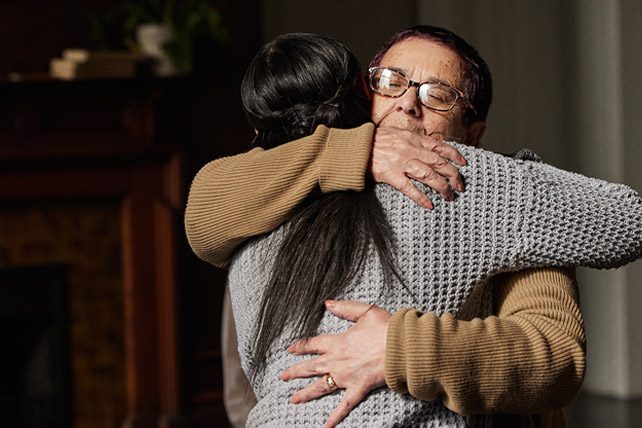How to Forgive Others
Biblically forgiving someone involves several steps:
- Acknowledgment of Hurt: Recognize and accept that you have been hurt. It’s difficult to forgive genuinely without acknowledging the pain caused.
- Empathy and Understanding: Try to understand the perspective of the one who wronged you. This doesn’t excuse their actions but can help in fostering a spirit of forgiveness.
- Decision to Forgive: Forgiveness is a choice. Decide to forgive the person, even if the feelings don’t immediately follow.
- Prayer and Release: Pray for the strength to forgive and ask God to help heal your heart. Release the bitterness and resentment, entrusting justice and judgment to God.
- Reconciliation: If possible, seek to restore the relationship. However, remember that reconciliation may not always be practical or healthy, depending on the circumstances.
In addition to the verse already cited above, over and over the Bible offers numerous verses that encourage and guide us in the practice of forgiveness:
- Luke 17:3-4: “If your brother or sister sins against you, rebuke them; and if they repent, forgive them. Even if they sin against you seven times in a day and seven times come back to you saying ‘I repent,’ you must forgive them.”
- 1 John 1:9: “If we confess our sins, He is faithful and just and will forgive us our sins and purify us from all unrighteousness.”
- Psalm 32:1: “Blessed is the one whose transgressions are forgiven, whose sins are covered.”
Embrace Forgiveness
The Bible not only instructs us to forgive others as an act of obedience but also as a reflection of the ultimate forgiveness we have received through Christ. Forgiveness, according to Scripture, is not an optional component of the Christian life but a fundamental aspect that fosters spiritual growth, healing, and peace. By embracing and practicing forgiveness, we open our hearts to God’s transformative power and lead lives that glorify Him, marked by love, mercy, and grace.

